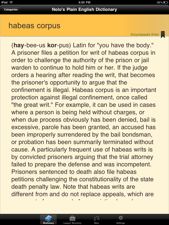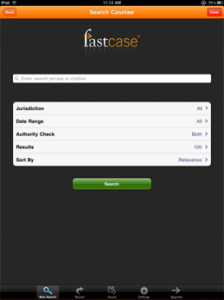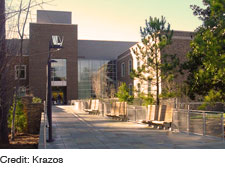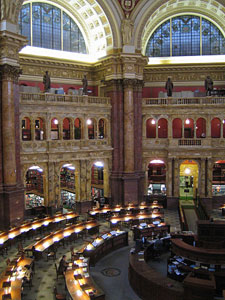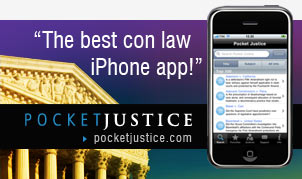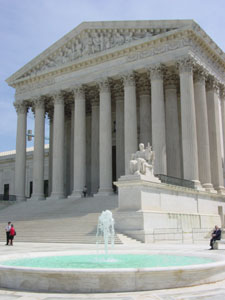It’s election day and all of us here at Justia hope you get out and vote! Given that we’ll have a new Congress at the beginning of the year, we’d like to point you to some iPhone apps you can download to keep informed on what’s going on in the U.S. Senate and House. Note: All of these apps are FREE.
C-Span Radio – Listen to Congressional hearings along with audio streams of public affairs programming from C-SPAN Radio, C-SPAN and C-SPAN2.


 Recently, I had the chance to look through the online videos available at
Recently, I had the chance to look through the online videos available at 